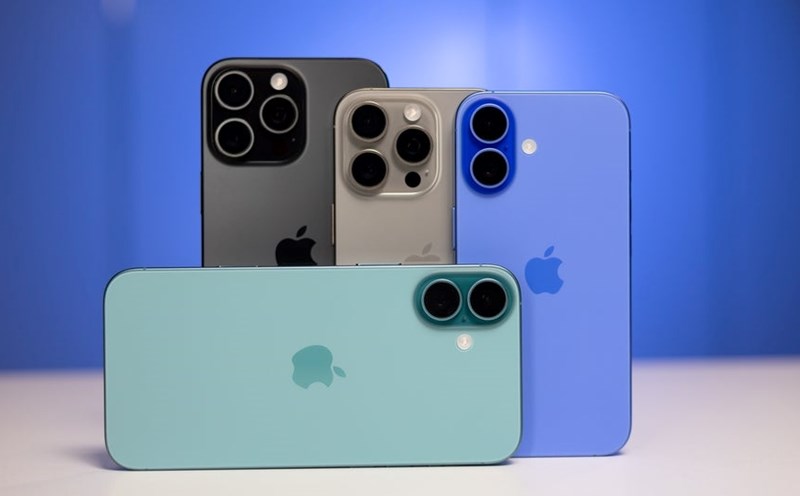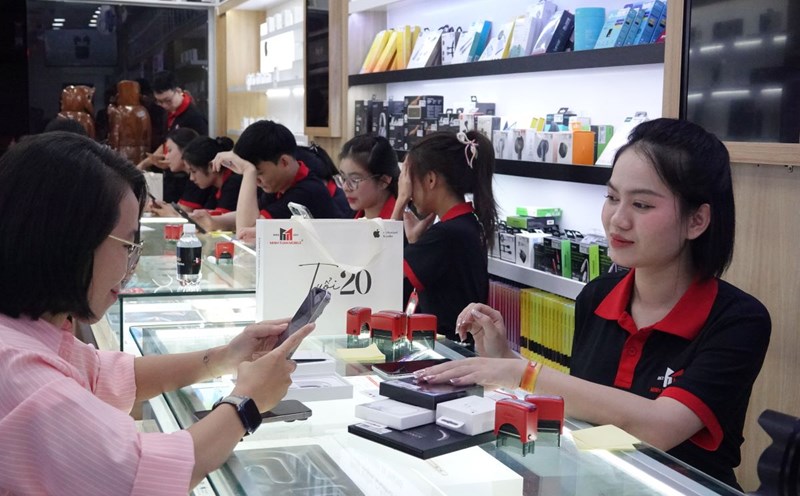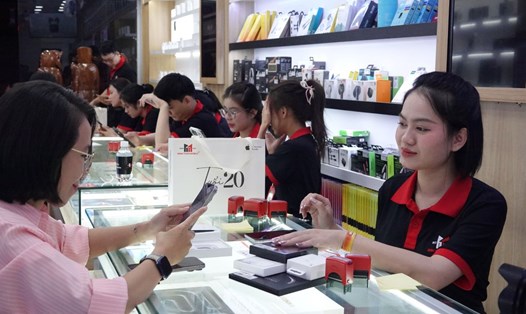Apple is now facing a ban on the sale of the iPhone 16 and Watch 10 in Indonesia, due to the products not meeting the government's requirements for local content.
Indonesia requires technology devices to have at least 40% of components or manufacturing processes done domestically to be allowed to be distributed in the domestic market.
The ban on the iPhone 16 and Watch 10 has affected Apple’s supply chain and distribution in Indonesia, putting the company at a disadvantage compared to other competitors that have long-term plans to localize. Currently, the Indonesian market is one of the most important technology markets in Southeast Asia, and Apple does not want to lose market share to regional rivals.
With its large population and fast-growing technology market, Indonesia is an important destination in Apple's global strategy, so being banned from selling its products is a major setback for the company.
To address the issue, Apple has proposed investing $10 million in a manufacturing facility in Bandung in partnership with Yageo Corp, a Taiwan-based electronics component supplier. The investment is aimed at increasing the localization rate of Apple products to meet the Indonesian government’s requirements.
Apple has submitted a formal proposal to the Indonesian Ministry of Industry for the project, hoping that investing in local manufacturing will pave the way for the ban to be lifted. In addition to ensuring compliance with localization requirements, Apple’s move is also seen as a strategy to strengthen its relationship with the Indonesian government, an important factor in maintaining market share and creating long-term stability in the regional market.
Partnering with Yageo Corp could help Apple save on manufacturing costs and ensure a sustainable supply of components for iPhone and Apple Watch devices, while meeting local regulatory requirements.
Experts say that if Apple's plan is approved, this will not only help the company quickly return to the Indonesian market but also promote the ability to expand production in other countries with similar localization requirements.
Although there is no specific time for when the ban will be lifted, Apple hopes that with this serious investment plan and extensive cooperation, they will receive support from the Indonesian Government, while also strengthening the international brand image in the eyes of consumers and authorities in the region.











